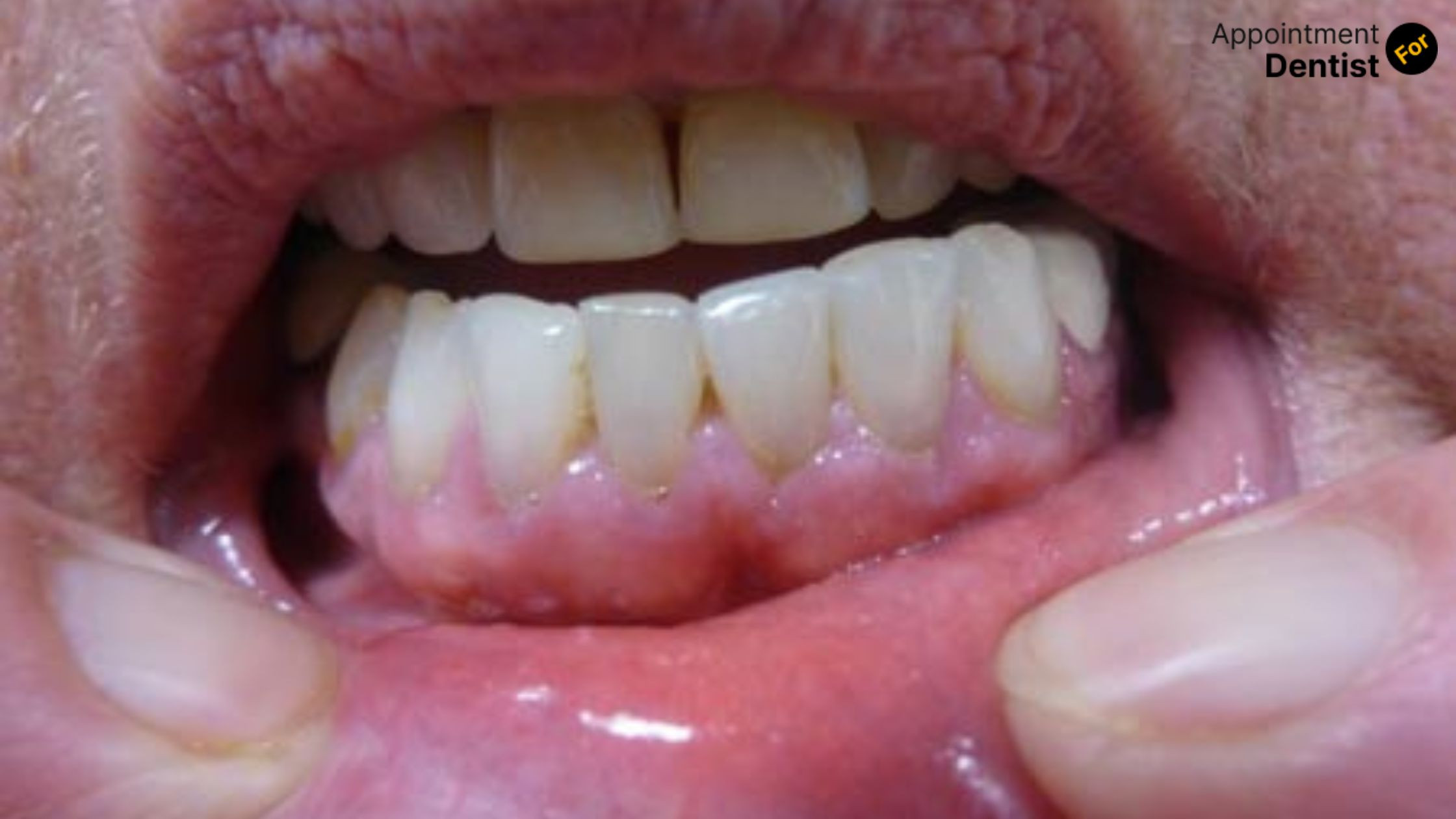How to Prevent and Treat Oral Mucous Membrane Pemphigoid
Posted on August 10, 2024 by Admin

How to Prevent and Treat Oral Mucous Membrane Pemphigoid
Mucous membrane pemphigoid is one of the fairly rare autoimmune diseases characterized by blistering lesions, the main manifestation of which oftentimes involves mucous membranes and, related to that, the oral cavity. In this regard, knowing how to prevent and treat oral mucous membrane pemphigoid is so important in the symptomatic management of a complication-free outcome.
What is Oral Mucous Membrane Pemphigoid?
Oral mucous membrane pemphigoid is a chronic disease process oriented toward participation of the mucous membranes in the mouth, although it may occasionally affect the eyes, nose, and throat. Characterized by subepithelial blister formations, they can progress into painful erosions with scarring if not managed properly. Although not fully understood, MMP is believed to be an autoimmune response where your immune system misbehaves by attacking your body tissues.
Symptoms and Diagnosis
Common signs and symptoms of oral mucous membrane pemphigoid include the following:
- Painful blisters in the mouth
- Erosions and ulcerations
- Trouble eating or speaking
- Scar forming in the worst cases
Diagnosis is usually made by clinical examination and may be supported by a biopsy to identify the autoantibodies to the basement membrane zone. The process of diagnosis is important to avoid complications like scarring, mostly in areas such as the eyes and throat, which can be very detrimental to health.

Prevention Measures
Prevention of oral mucous membrane pemphigoid includes several proactive strategies:
- Regular Dental Check-ups: Regular follow-up with dental care will ensure that oral health is tracked, and early signs of pemphigoid can be detected easily. Dentists can then advise on the maintenance of oral hygiene and management of symptoms individually to each patient.
- Oral Hygiene Practices: Good oral hygiene is essential. Using a soft-bristle toothbrush with a non-abrasive toothpaste, the patient should lightly brush their teeth to avoid irritation of sensitive areas.
- Avoid Irritants: Avoid tobacco, alcohol, spicy or acidic foods, those things that would irritate the mucous membranes and hence worsen symptoms.
- Hydration: Keeping hydrated helps to maintain moisture in the mouth, which may reduce discomfort and lower the chance of lesion formation.
- Stress Management: Since stress can cause flare-ups in autoimmune diseases, it should be controlled through regular meditation or by practicing yoga or other exercises regularly.
Treatment Options
The treatment of oral mucous membrane pemphigoid is directed toward the reduction of symptoms, enhancement of healing, and prevention of scarring. It may differ according to the seriousness of the disease.
Topical Medications
The mild cases are treated with topical corticosteroids to reduce inflammation and enhance healing. These include the following:
- Fluocinonide: Applied topically on the lesions to reduce blister formation.
- Clobetasol: This is a strong steroid that is effective for more serious lesions.
Systemic Medications
In more severe forms of oral mucous membrane pemphigoid, systemic treatments are needed:
- Corticosteroids: Systemic corticosteroids are principally indicated for the suppression of inflammation and blistering.
- Immunosuppressive Agents: Drugs like dapsone, azathioprine, or mycophenolate mofetil can be prescribed in more severe cases to manage symptoms and prevent complications associated with this progressive illness.
Supportive Care
A patient may also be treated with the aid of supportive modalities, including:
- Pain Management: Numbing agents like viscous lidocaine can help alleviate pain associated with oral lesions.
- Nutritional Support: Because eating may be painful, nutritional counseling may be necessary to ensure that adequate amounts of nutrients are taken in.
Conclusion
In other words, prevention and management of oral mucous membrane pemphigoid are only possible if proper dental care, good oral hygiene measures, and correct medical management are included in a multifaceted approach. An overview of the disease and its prevention strategies can help patients cope with the disorder effectively, reduce its complications, and prevent their occurrence. If you think that you might be having the problems of oral mucous membrane pemphigoid, contact any health professional to get the right diagnosis and a treatment plan that will work for you.
Faqs
-
1. What causes oral mucous membrane pemphigoid?
The exact cause of oral mucous membrane pemphigoid is yet unknown, although it represents an autoimmune disorder whereby the immune system mistakenly assaults some tissues of the body.
-
2. How is oral mucous membrane pemphigoid diagnosed?
Diagnosis is usually made by clinical examination and supplemented by a biopsy showing the presence of autoantibodies in the affected tissue.
-
3. Can oral mucous membrane pemphigoid be cured?
Currently, there is no cure for oral mucous membrane pemphigoid; however, there are ways of managing the disorder that enable symptom control and prevention of complications.
-
4. What are the long-term effects of oral mucous membrane pemphigoid?
Long-term effects may include scarring of the mucous membranes, especially in the eyes and throat, causing vision problems or trouble swallowing.
-
5. How can I manage flare-ups of oral mucous membrane pemphigoid?
Management of flare-ups is achieved through the application of prescribed topical or systemic medications, good oral hygiene measures, and avoidance of probable irritants that may exacerbate the symptoms.
Recent Post
- The Importance of Oral Health Education for Children
- How to Choose the Right Orthodontic Treatment for Adults
- The Link Between Oral Health and Stroke Risk
- How to Address and Prevent Gum Recession
- Innovations in Dental Anesthesia: Pain-Free Procedures
- The Role of Saliva in Oral Health: Functions and Disorders
- Exploring Holistic Dentistry: What You Need to Know
- How Oral Health Affects Your Immune System
- The Benefits of Using Dental Probiotics
- Oral Health and Pregnancy: Myths and Facts